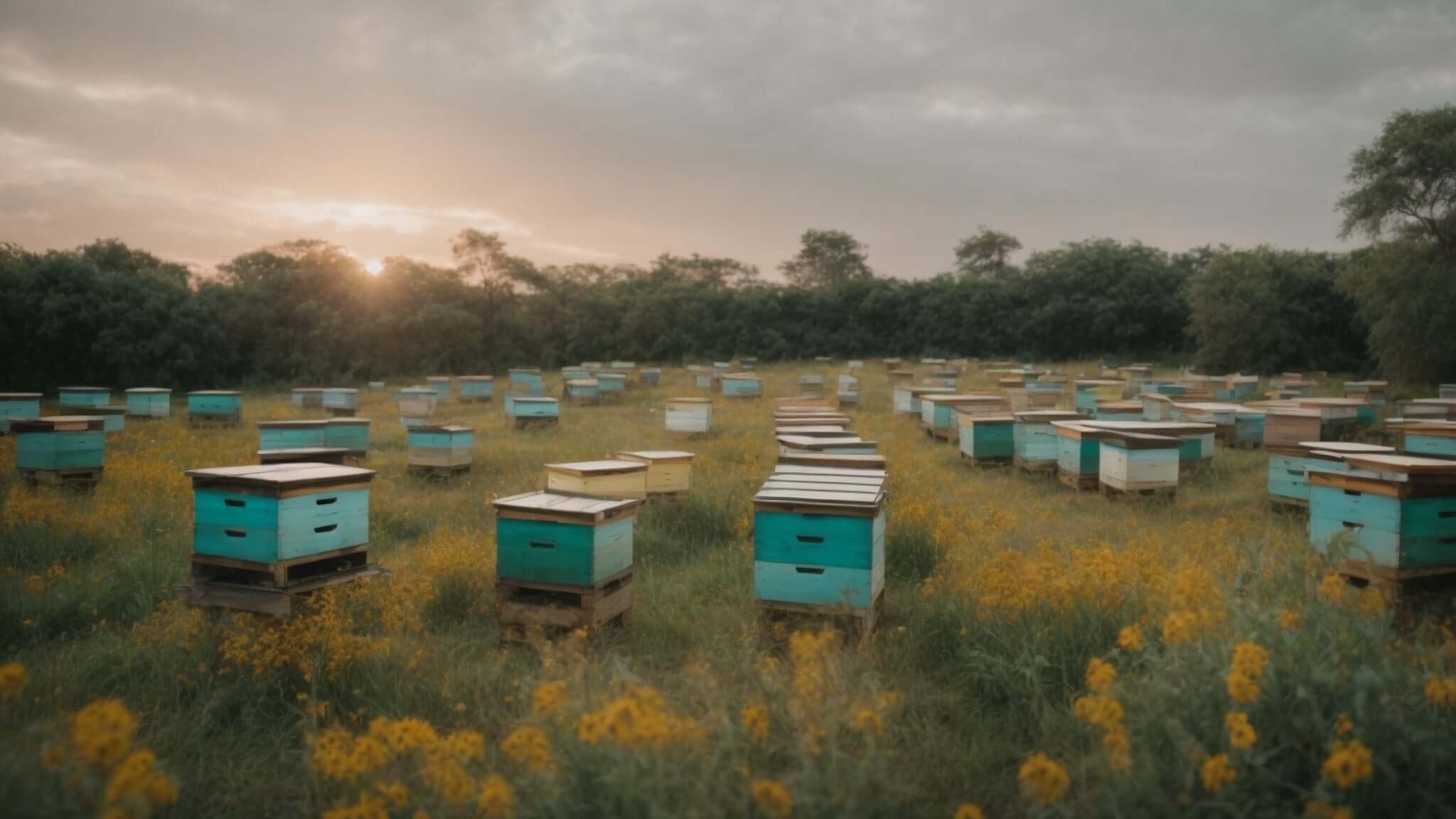
The Environmental Impact of Beekeeping and How You Can Help
Beekeeping has a significant impact on the environment, both positive and negative. Understanding these effects can help you make informed choices and support sustainable practices that benefit both bees and the planet.
Positive Impacts of Beekeeping
- Pollination: Beekeeping supports the pollination of crops and wild plants, which is crucial for biodiversity and food production.
- Sustainable Practices: Many beekeepers practice sustainable methods that benefit the environment, such as avoiding pesticides and promoting habitat conservation.
Challenges and Concerns
- Pesticide Exposure: Beekeepers need to be mindful of pesticide use, as it can harm bee health. Supporting organic and sustainable beekeepers helps mitigate this risk.
- Habitat Loss: Urbanization and agricultural expansion can lead to habitat loss for bees. Conservation efforts are essential to protect their natural environments.
How You Can Help
- Support Local Beekeepers: Purchase honey from local, sustainable producers who prioritize bee health and environmental stewardship.
- Plant Bee-Friendly Plants: Grow a variety of flowering plants that provide nectar and pollen for bees.
- Advocate for Bee Conservation: Support policies and initiatives that protect bee habitats and promote sustainable agriculture.
Conclusion:
Beekeeping plays a crucial role in our environment, and supporting sustainable practices helps protect both bees and their ecosystems. By making informed choices and contributing to conservation efforts, you can make a positive impact on the environment.
